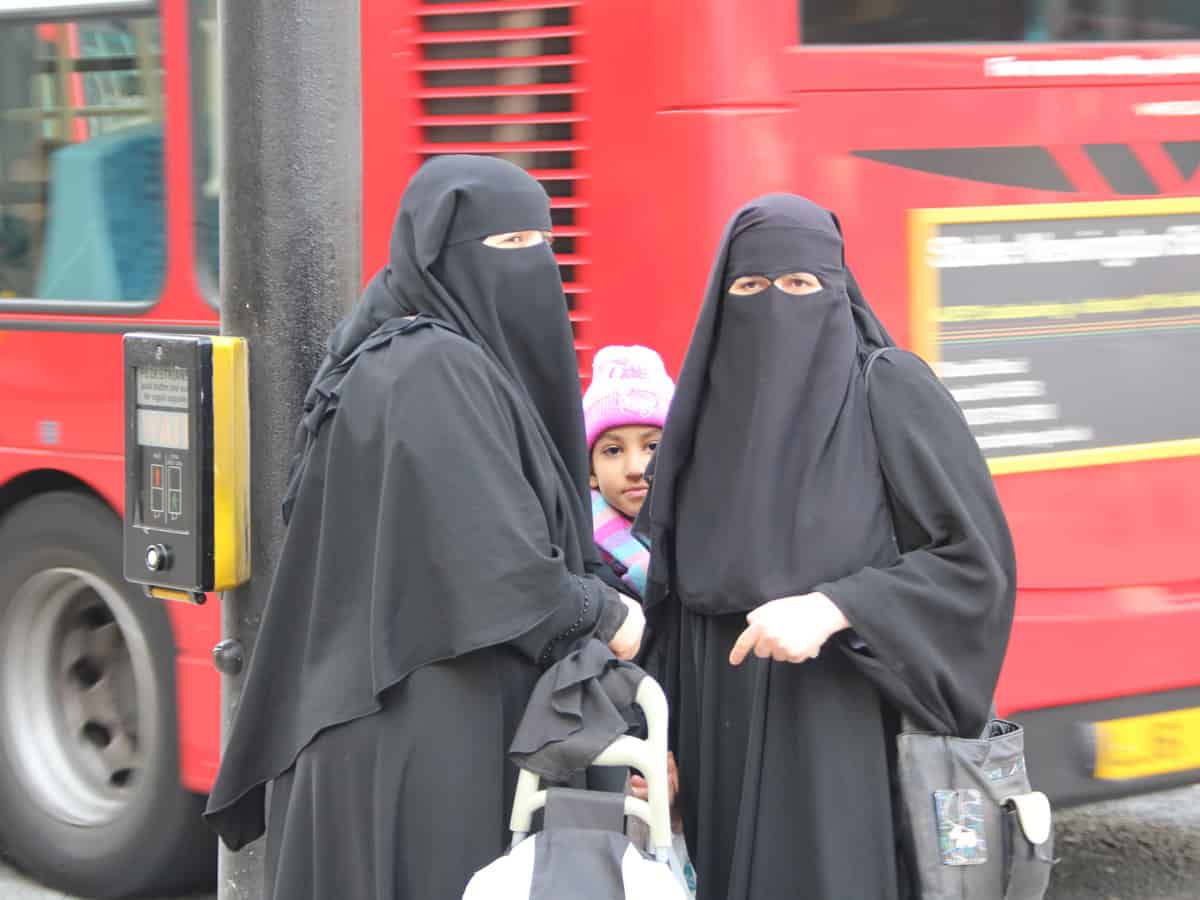
By Juned Shahil
From once wielding authority within the state to now relying on the government for support, the status of Muslims in Telangana has been changing, symbolising a significant shift in their historical and political role. After the end of Nizam’s rule, Muslims faced a sharp decline in their social, political, and economic status. Urdu’s removal as an official language limited their access to modern education, leading to a significant drop in their presence in government jobs, from 40% in 1950 to around 5% in 2010.
The assertion that Muslims refrained from participating in the Telangana movement lacks substance. AIMIM’s stance against Telangana was perceived as a Muslim community opposition, but organisations like Jamaat-e-Islami Hind, a socio-religious body, actively advocated for the formation of Telangana. So, the movement cannot be seen with a religious lens. Instead, it revolved around socio-economic issues and the overall backwardness experienced by the people of Telangana.
Following the formation of Telangana in 2014, Muslims, comprising 12.7% of the state’s electorate, hold substantial influence in 40% of the 119 constituencies. While their presence is notable across various districts of Telangana, it is predominant in Hyderabad, Ranga Reddy, Mahabubnagar, Nalgonda, Medak, Nizamabad, and Karimnagar districts.
In the last two Assembly elections, the community largely voted for BRS, which promised 12% reservation, judicial powers to the Waqf board, disbursing minority welfare loans, and implementing Sachar committee recommendations for the Muslim community welfare. Nine long years have passed and the promises remain unfulfilled.
The representation of Muslims hasn’t changed even after the achievement of Telangana. The ruling party has been accused of neglecting Muslims, citing their association with AIMIM as a pretext to avoid granting tickets to Muslim candidates. The AIMIM primarily holds influence only in the old city by securing seven seats and has a negligible presence outside the old city.
In 2014, the Telangana Assembly had only one Muslim MLA other than candidates from the AIMIM strongholds. Even in 2018, BRS gave only 3 MLA tickets for Muslims in the Assembly election and no MP ticket. In contrast, Congress gave 7 MLA tickets and one MP ticket to the minority community. After winning the election, the ruling party failed to nominate even a single Muslim leader to Rajya Sabha and did not appoint even a single vice-chancellor from the Muslim community in 17 state universities. Moreover, minority institutions like the Waqf Board, Finance Corporation, Haj House, and Urdu Academy continue to grapple with thousands of vacancies even today.
Recently, there has been a significant uprising in all the Backward Communities in Telangana. Communities like Yadava, Padamashali, Mudiraj, and Gouds have organised their “Atma Gourava Sabhas” (fight for self-respect) to increase awareness in the community with declining political significance in the state and showcase their strength to the political parties. Surprisingly, the demands from all the gatherings are not of getting pensions, subsidies, or loans, but it is about political representation proportionate to their population.
A few organisations like the Muslim Joint Action Committee (MJAC) and Student Islamic Organisations (SIO) have realised the need and voiced their concerns against the deteriorating socio-economic status of Muslims in the state.
However, there appears to be a perception that the Muslim community may not be fully aware of the unmet promises made during the Telangana agitation. The state has negligible Muslim leaders in the political parties, apart from AIMIM. The fact has to be realised that in order to keep the BJP out of power, it’s necessary to be in power and equally represented in the legislature. It’s also essential to recognize that parties portraying themselves as anti-BJP may potentially have colluded with the BJP.
Facing the challenges of low literacy rates and widespread unemployment, the community, largely engaged in the informal sector, is burdened by poverty. It cannot jeopardize its political influence by overlooking crucial matters of representation and empowerment. Addressing these issues promptly is essential for enhancing the community’s socio-economic status.



